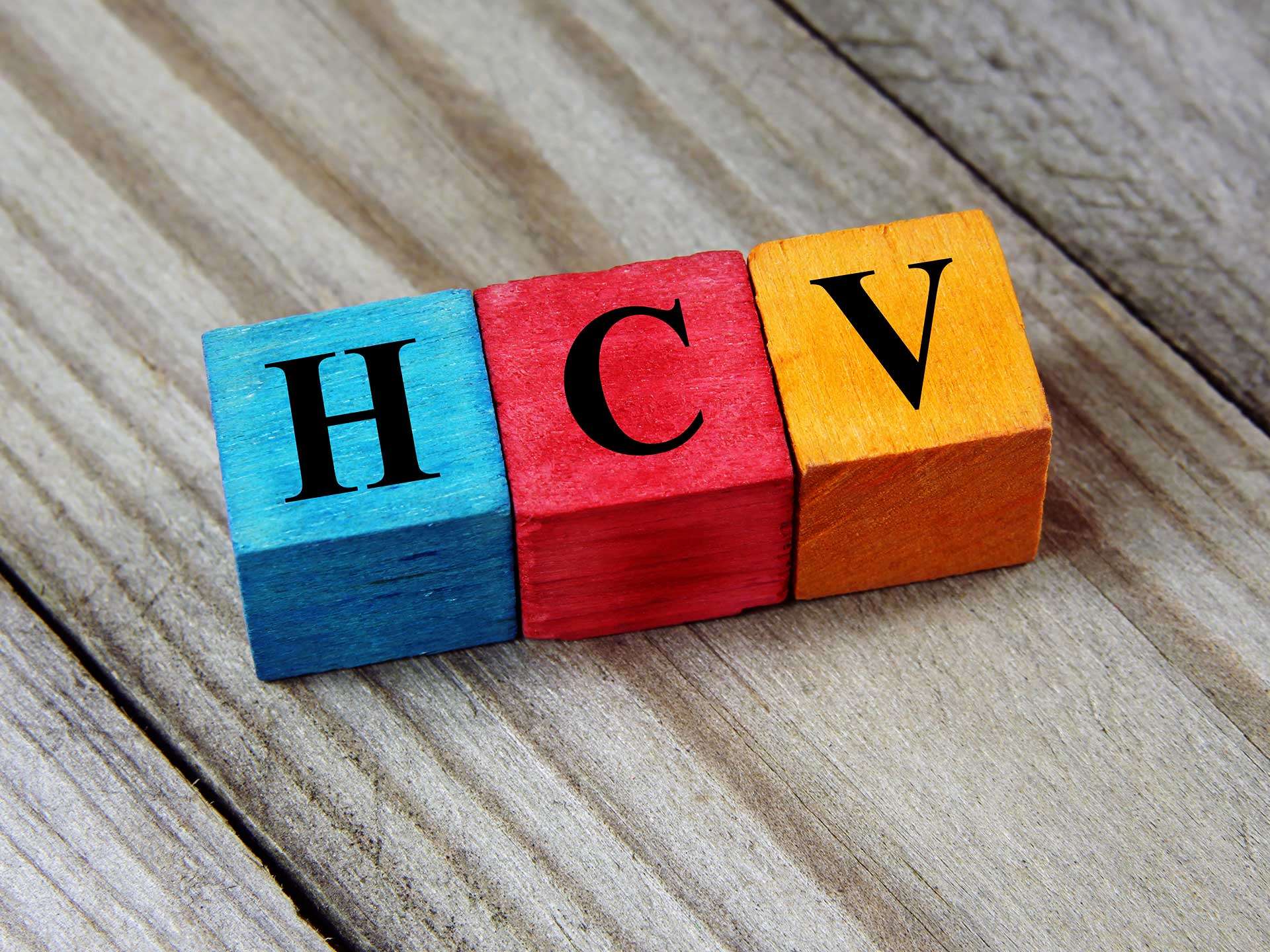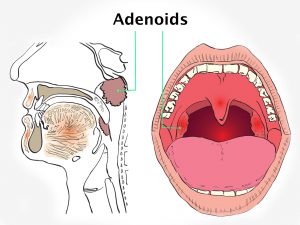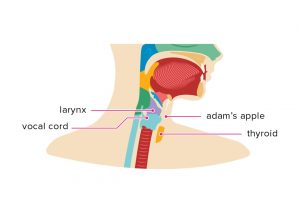Today’s lifestyle while fast and ambitious is seeing a growing decline in quality of life. Bad diets and unhealthy lifestyle practices have increased the chances of several infections and diseases. Apart from common illnesses like obesity and diabetes, some serious diseases have also increased such as the inflammation of the liver, typically caused by the hepatitis c virus.
According to WHO 130–150 million people globally have chronic Hepatitis C infection, while over 1 million cases are reported annually in India alone.
What is Hepatitis C?
Hepatitis C is a viral infection which causes inflammation of the liver and hinders its optimal functioning. In some cases this virus can also lead to liver diseases such as liver cancer. If the infection is acute, a person with a healthy immune system may be able to fight off the virus in 6 months. However, in a majority of the cases, Hepatitis C virus (HCV) results in a chronic infection which increases the chances of liver cancer.
How does it spread?
Hepatitis C is a blood-borne virus which spreads when someone comes into contact with blood which has been infected by the virus. This disease does not spread by sitting next to or hugging an infected person. Some common causes of infection are:
Sharing needles: The highest cause for widespread Hepatitis C is sharing needles. It is of utmost importance to always use fresh and/or sterilized needles at all times. Whether you are in a hospital getting vaccinated or getting a tattoo, ensure you are using a fresh needle. Using a syringe which has come in contact with infected blood is a sure shot way of giving you this disease.
Unsafe sex practices: HCV can also be transmitted as an STD. Engaging in unsafe sex with an infected person is likely to result in you getting the disease as well. Always use a condom and get yourself tested regularly. For those in a monogamous relationship, ensure both partners are tested for good.
Genetics: Unfortunately, Hepatitis C can also be passed on at birth if the mother is infected with the virus. In many cases, as the symptoms are hard to detect, many patients do not realise they have a disease before it is too late.
Symptoms of HCV
In most cases, the Hepatitis C virus does not create easily diagnosable symptoms till the infection worsens in the liver, causing many to miss it. However, if you or a family member is experiencing the following symptoms, please refer to your doctor immediately who may suggest a blood test to confirm the diagnosis:
- Fatigue or exhaustion
- Nausea
- Stomach pain
- Diarrhoea
- Fever
- Reduced appetite
- Jaundice like conditions: Yellowness in the eyes and skin colour
Diagnosis and Treatment for HCV
Hepatitis C is first diagnosed with a blood test and in some chronic cases may also need a liver biopsy to further confirm the diagnosis.
Acute conditions generally do not require any medication as the immune system fights of the infection in about 6 months. The medical treatment for chronic Hepatitis C is determined based on the particular strand of the virus infecting your liver and the extent of the infection. In some cases, patients can also be infected with multiple strands of the virus at the same time. The doctor will prescribe medicines to help slow down the virus from spreading based on the type of virus.
One must keep in mind that there is no vaccine or established cure yet for Hepatitis C although there is a lot of research being carried with new medicines being released periodically. The best way to fight this infection is to prevent it by following a healthy and safe lifestyle. A good diet, no alcohol, hygienic lifestyle and safe practices can go a long way in keeping your liver and other organs healthy. Remember, it takes only a second to get infected but sometimes a lifetime to fight it.






























